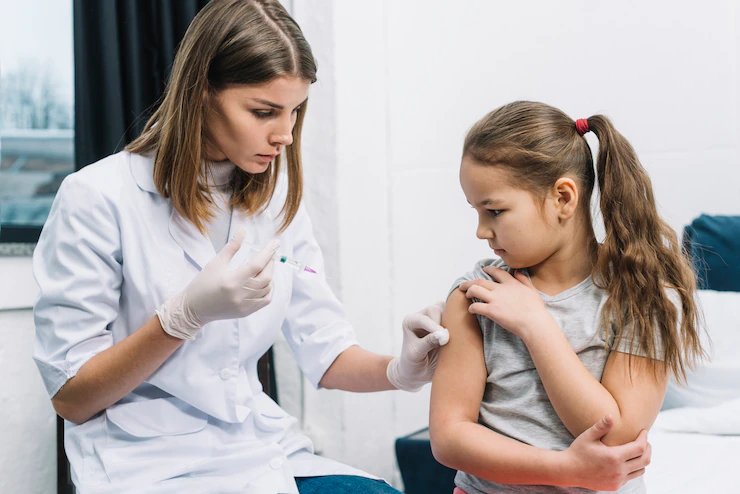When it comes to the health of your child, finding the right Pediatric Allergist/Immunologist is crucial. These specialists are trained to diagnose and treat allergies and immune system disorders in children. To ensure your child receives the best possible care, consider the following factors when choosing a Pediatric Allergist/Immunologist in South Africa:
- Board Certification and Qualifications: Check if the Pediatric Allergist/Immunologist is board certified and holds the necessary qualifications in pediatric allergy and immunology. Look for certifications from recognized medical bodies or institutions. Board certification assures that the specialist has undergone rigorous training and meets the professional standards in the field.
- Experience and Expertise: Consider the specialist’s experience and expertise in pediatric allergy and immunology. Inquire about their years of practice, the number of pediatric patients they have treated, and their familiarity with various conditions. An experienced Pediatric Allergist/Immunologist is more likely to have encountered a wide range of cases and can provide effective and tailored treatment plans.
- Specialization in Pediatric Care: Ensure that the allergist has specific expertise in pediatric care. Children have unique immunological needs and may require different diagnostic approaches and treatment options compared to adults. Look for a specialist who understands the specific challenges of managing allergies and immune disorders in children.
- Comprehensive Evaluation and Testing: Allergies and immune system disorders can be complex and require thorough evaluation and testing. Consider the Pediatric Allergist/Immunologist’s approach to diagnosis, including their use of comprehensive evaluations, allergy testing methods, and immunological assessments. They should be skilled in conducting age-appropriate tests and interpreting the results accurately.
- Treatment Options: Evaluate the range of treatment options offered by the Pediatric Allergist/Immunologist. Allergy management may include avoidance strategies, medication, immunotherapy (allergy shots), and lifestyle modifications. Ensure that the specialist provides personalized treatment plans tailored to your child’s specific needs and preferences.
- Communication and Patient-Centered Care: Choose a Pediatric Allergist/Immunologist who communicates effectively and engages in patient-centered care. They should be attentive, approachable, and willing to listen to your concerns. Look for a specialist who can explain complex medical information in a clear and understandable manner and involves you in the decision-making process.
- Collaborative Approach: Allergies and immune system disorders often require a multidisciplinary approach. Inquire about the Pediatric Allergist/Immunologist’s ability to collaborate with other healthcare professionals, such as pediatricians, pulmonologists, and dermatologists, to ensure comprehensive care for your child.
- Continuity of Care: Consider the Pediatric Allergist/Immunologist’s commitment to providing ongoing care and support. Allergies and immune disorders may require long-term management, and it is essential to find a specialist who offers continuity of care, monitors your child’s progress, and adjusts treatment plans as needed.
- Accessible and Convenient Location: Choose a Pediatric Allergist/Immunologist whose clinic is conveniently located and easily accessible to you. Allergy management often involves regular follow-up visits and potential emergency situations. Having a specialist within a reasonable distance can make it easier to seek timely care for your child.
- Reputation and Patient Feedback: Research the specialist’s reputation and seek feedback from other parents or caregivers. Look for online reviews, testimonials, and referrals from trusted sources. Positive feedback regarding the Pediatric Allergist/Immunologist’s expertise, compassion, and success in managing pediatric allergies and immune disorders can give you confidence in your choice.
Selecting the right Pediatric Allergist/Immunologist for your child requires careful consideration. By considering factors such as qualifications, experience, specialization in pediatric care, comprehensive evaluation and testing, treatment options, communication, collaborative approach, continuity of care, accessibility, and reputation, you can ensure that your child receives the best possible care for their allergies and immune system disorders. Take the time to research and consult with multiple specialists to find the one who can provide optimal care and support for your child’s health and well-being.










